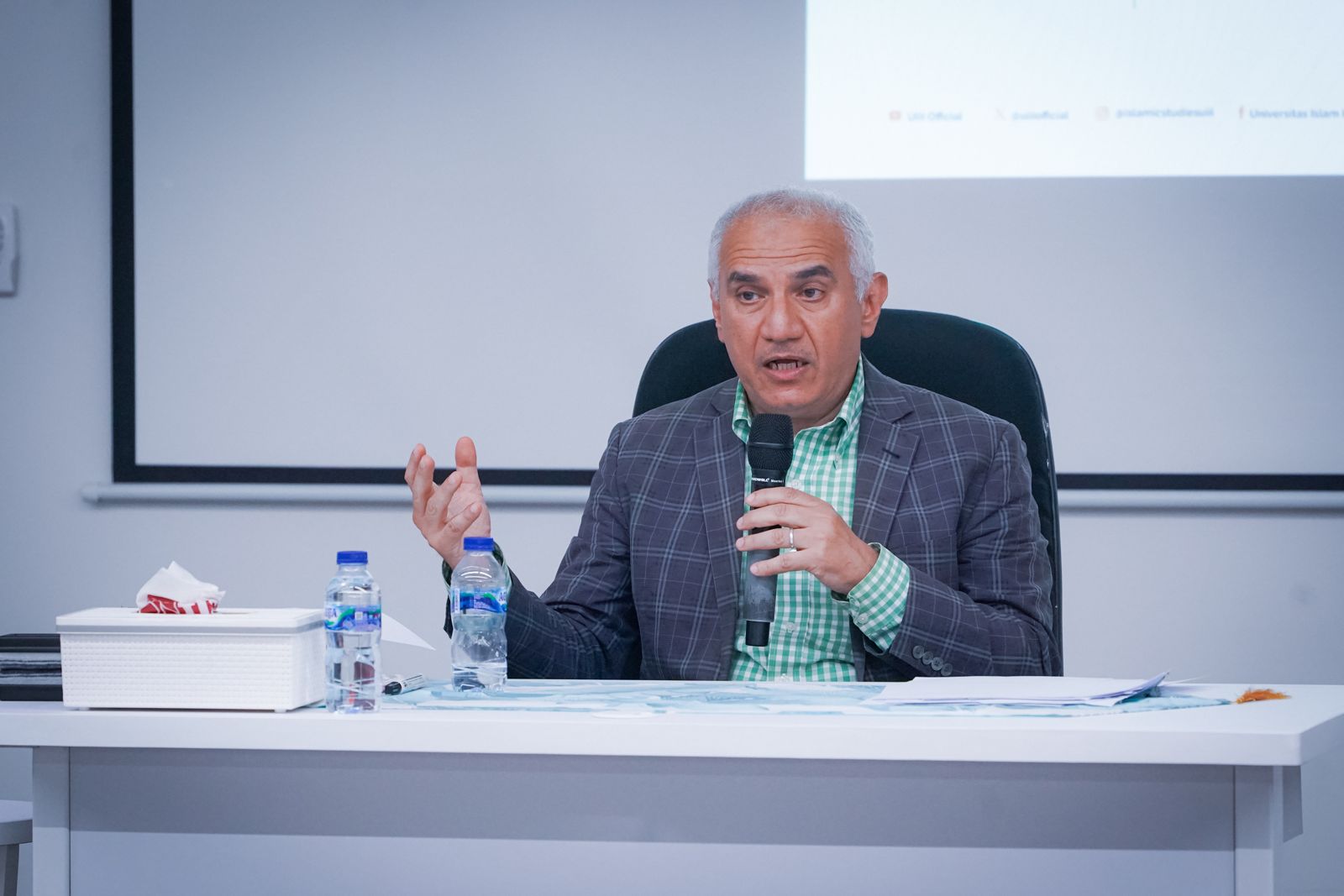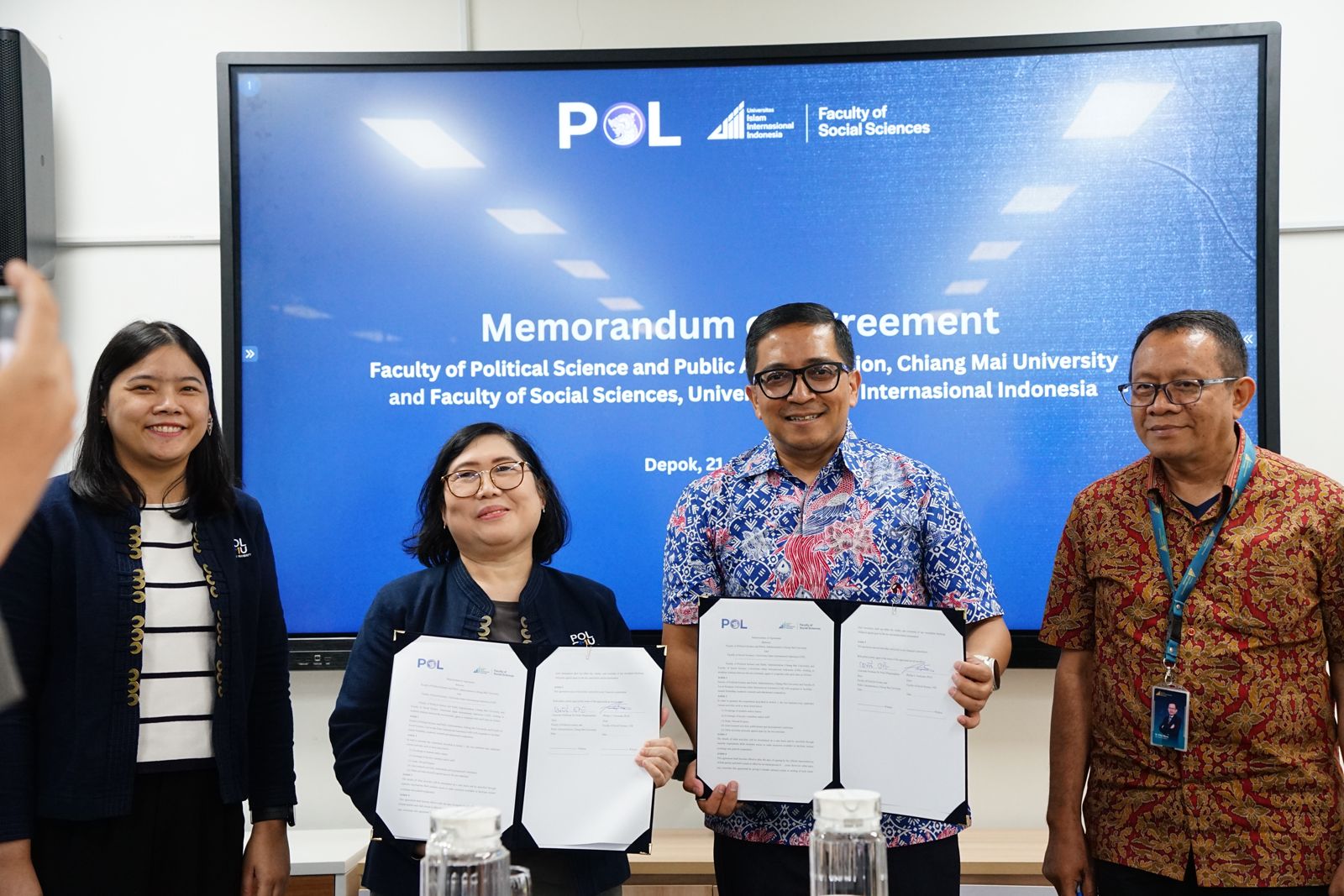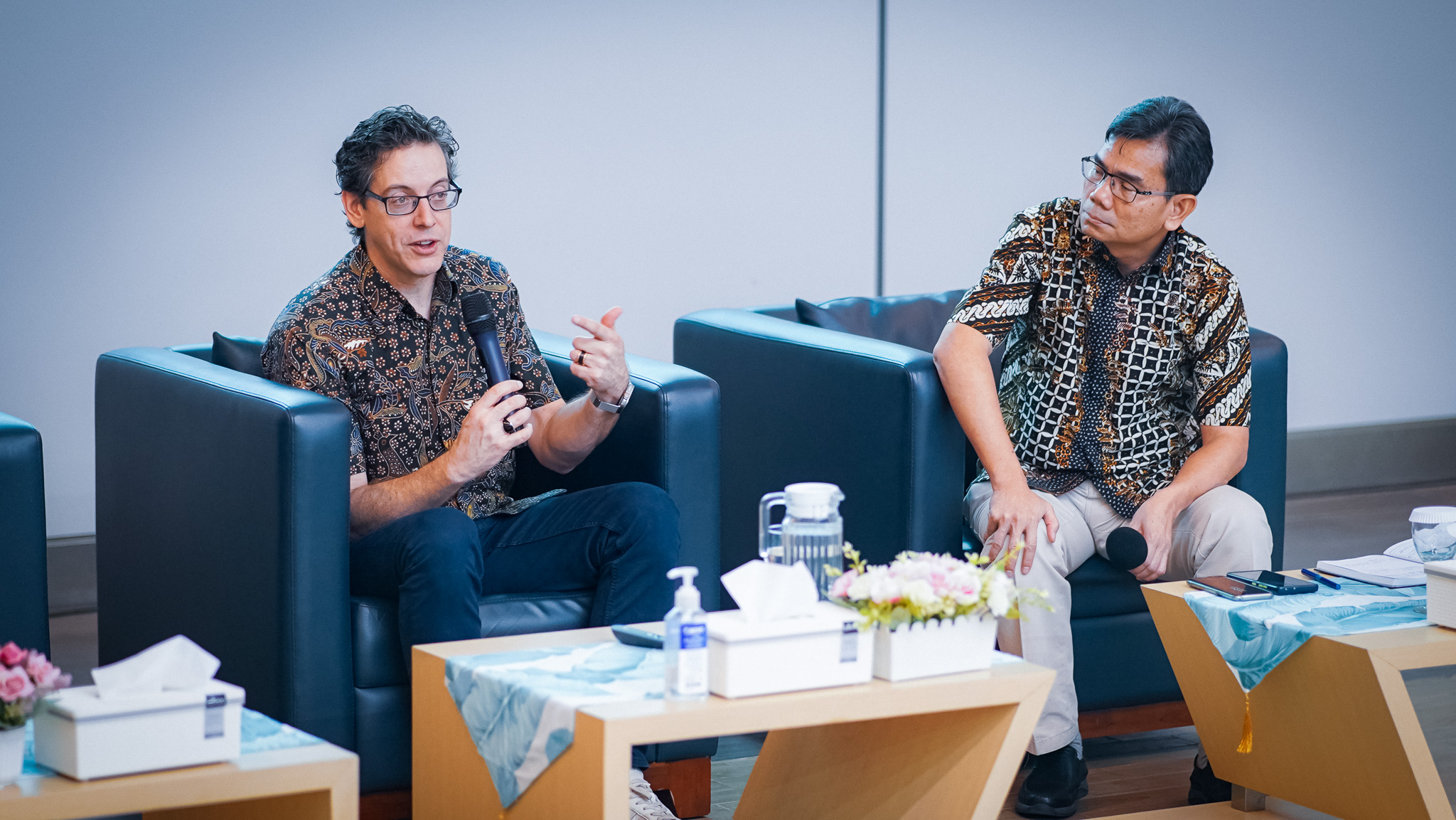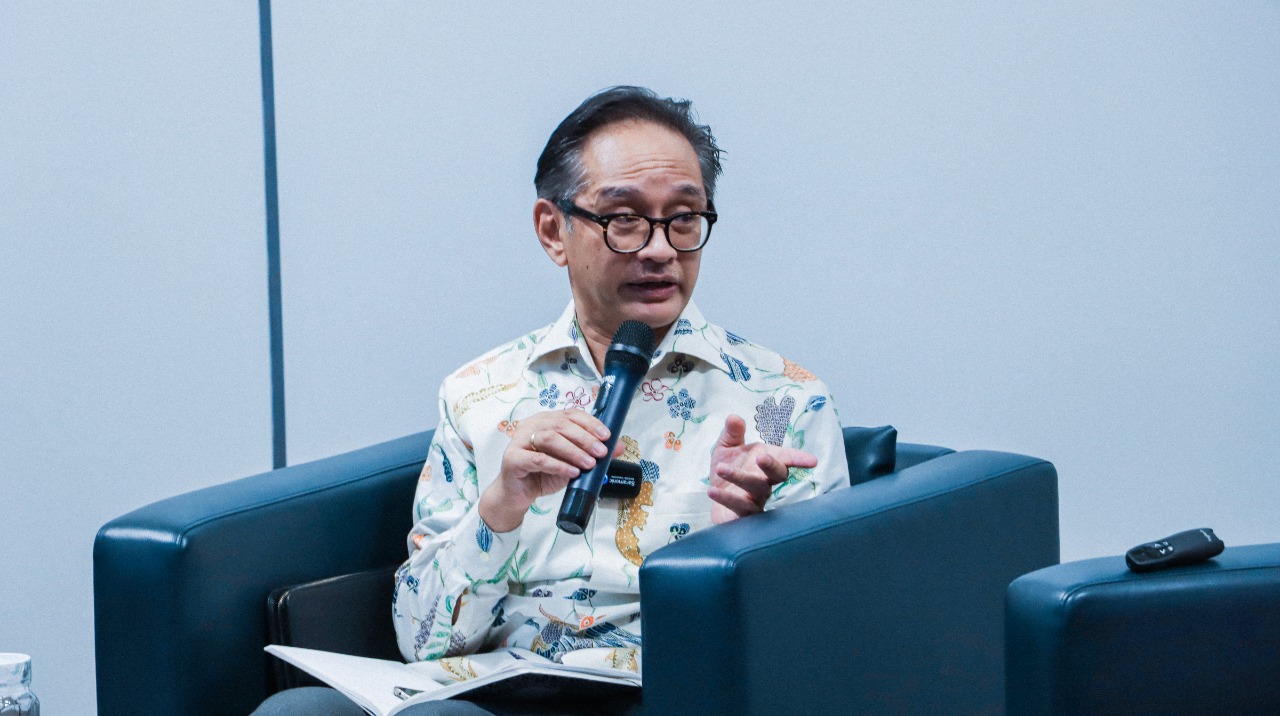Not Peripheral, Southeast Asia is Emerging Center of Global Islam
August 22, 2024By Prof. Mohammad Fadel*

I have recently returned from a month as a Senior Visiting Fellow at the Center of Islam and the Global Challenges (IGC) at the Universitas Islam Internasional Indonesia (UIII) in Depok, West Java. This was my first visit to Indonesia and I was fortunate to have been given a month to interact with my Indonesian colleagues and learn about Islam in Southeast Asia.
The University was an excellent host, providing me with a comfortable residence for a month and a comfortable office from which I could work. More importantly, it offered me an excellent platform from which I could meet Indonesian scholars and graduate students. Although the University is still a work-in-progress, its facilities are excellent, with world-class classrooms, lecture halls, and a beautiful library which, once its collection is complete, will be an excellent place to conduct research.
As a Senior Visiting Fellow, I was tasked primarily with giving one public lecture and co-teaching an advanced seminar on Islamic law in modernity to graduate students. Both opportunities were exciting to me because it is rare for a North American scholar of Islamic Studies to be able to lecture to a large audience who is highly motivated to engage with one’s work. This proved to be the case at both the lecture and the class, where students and faculty both listened intently and proved through their questions to be very insightful interlocutors.
Another impressive feature of the University was the large number of female students enrolled in graduate-level Islamic Studies. The dearth of Muslim women in Islamic Studies, particularly Islamic law, has been commonly decried, but few positive solutions have been found. Indonesia, by contrast, seems to have succeeded in integrating women into Islamic Studies to a degree much greater than other regions of the Muslim world, something for which they are to be congratulated.
In addition to lecturing and teaching, I had the good fortune of participating in a major international conference hosted by the University on Artificial Intelligence and Islam. This conference brought together a diverse array of international scholars from across the region, Europe and North America to discuss a host of issues related to potential uses of artificial intelligence in Islamic Studies as well as the challenges that artificial intelligence might pose to Islam as a religion.
This conference speaks well to the intellectual ambition of the Indonesian International Islamic University: they brought together a wide-cross spectrum of scholars to speak to an important contemporary issue facing the Muslim world and humanity. I can only hope that the University will continue to host such events. However, it is important to note that this was not the only conference/workshop that took place on the University’s campus during my visit. Even though the month I spent there coincided with the end of the term, the University was a hub of activity, something that bodes well for its commitment to being a center of intellectual life in the region.
Last but not least, my extended presence at the University gave me an opportunity to meet colleagues from other Indonesian universities: the University facilitated my visits to three other Indonesian universities, one in Jakarta, another in Bandung, and the third in Yogyakarta. It was an honor to be able to visit all three of these universities and lecture to their students and faculty.
I am very grateful for the opportunity the University gave me to serve as Senior Visiting Fellow. I discovered a vibrant region of the Muslim world that to our shame as scholars of the Muslim world in North America is taught, if at all, as an afterthought. Indonesia is the largest Muslim-majority state in the world, with a population approaching 300 million. The size of its economy places it among the top 20 largest economies in the world, and if it continues its path of economic growth, it will soon be among the top ten largest economies in the world.
Indonesia is also a political success story in a region that continues what appears to be an unstoppable ascent: the Republic of Indonesia has brought together hundreds of ethnicities with hundreds of local languages into one republic, and it has enjoyed a stable democracy for more than two decades.
The success of Indonesia and the continued peace and prosperity of Southeast Asia give the lie to Huntington’s thesis of “Islam’s bloody borders” and should therefore be of particular interest to scholars of religion, political science and economics. I have returned convinced that we as North American scholars of Islamic Studies, particularly those of us interested in Islam in the modern world, must stop treating Southeast Asia as peripheral to Islamic Studies and instead gave it pride of place as the emerging center of global Islam.
_____
*) Prof. Mohammad Fadel is a Senior Visiting Fellow at the Center of Islam and the Global Challenges (IGC) at the Universitas Islam Internasional Indonesia (UIII) and a full-time Professor at the Faculty of Law, University of Toronto, Canada.
- What Does Eid al-Fitr Mean for the UIII Academic Community?
- UIII PhD Scholar Ararat Kostanian Delivers Lecture at Armenia's Yerevan State University
- Swedish Ambassador to Indonesia Applauds UIII’s Vision, Explores Future Collaboration
- Depok Mayor Supports UIII as the Green Lung of Depok and Beyond
- Depok Mayor Pledges to Build Performance Hall at UIII
- New Parking Facility Launched, Part of UIII-Sentra Medika Hospital Partnership
- Yogyakarta’s UII Won 1st FisFastFest’s Clash of Campuses
- Vice Minister of Religious Affairs Praises UIII as a Global Hub for Islamic Education
- Hurray!! UIII Wins Football Championship
- Green Ramadan: UIII's Sustainable Bazaar Inspires Eco-Friendly Celebrations


